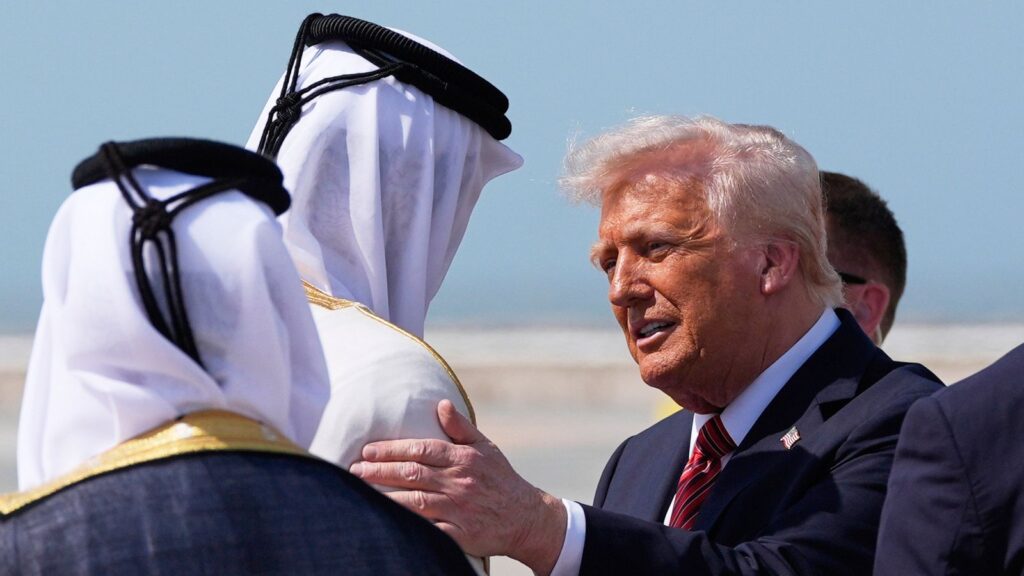Donald Trump’s foreign policy approach emphasizes the power of business and deal-making to improve global relations, particularly evident during his recent Middle East tour. Eschewing traditional moralizing and human rights lectures, Trump’s transactional diplomacy aims to yield results in conflict resolution, such as potentially ending Russia’s war with Ukraine. By prioritizing success narratives over absolute truths, Trump’s strategies have garnered interest from unexpected quarters, like Syria’s leader actively seeking ties with the US.
In the Middle East, Trump’s push for the Abraham Accords to include Syria could reshape regional dynamics, albeit facing challenges from skeptical parties. This business-centric model extends to Ukraine, where a minerals deal with Trump has swayed his stance towards the conflict, aligning more with Ukrainian interests. However, the allure of lucrative deals with Russia poses a contrasting dilemma for the administration, with Putin’s officials highlighting their country’s vast resources as potential bargaining chips.
While Trump’s evolving stance may signal a more balanced approach towards Ukraine and Russia, there are hopes that this shift will lead to increased US pressure on both sides to seek a resolution to the ongoing conflict. By leveraging his deal-making prowess and reframing diplomatic narratives, Trump aims to navigate complex geopolitical landscapes and drive towards peace through strategic partnerships and economic incentives.

